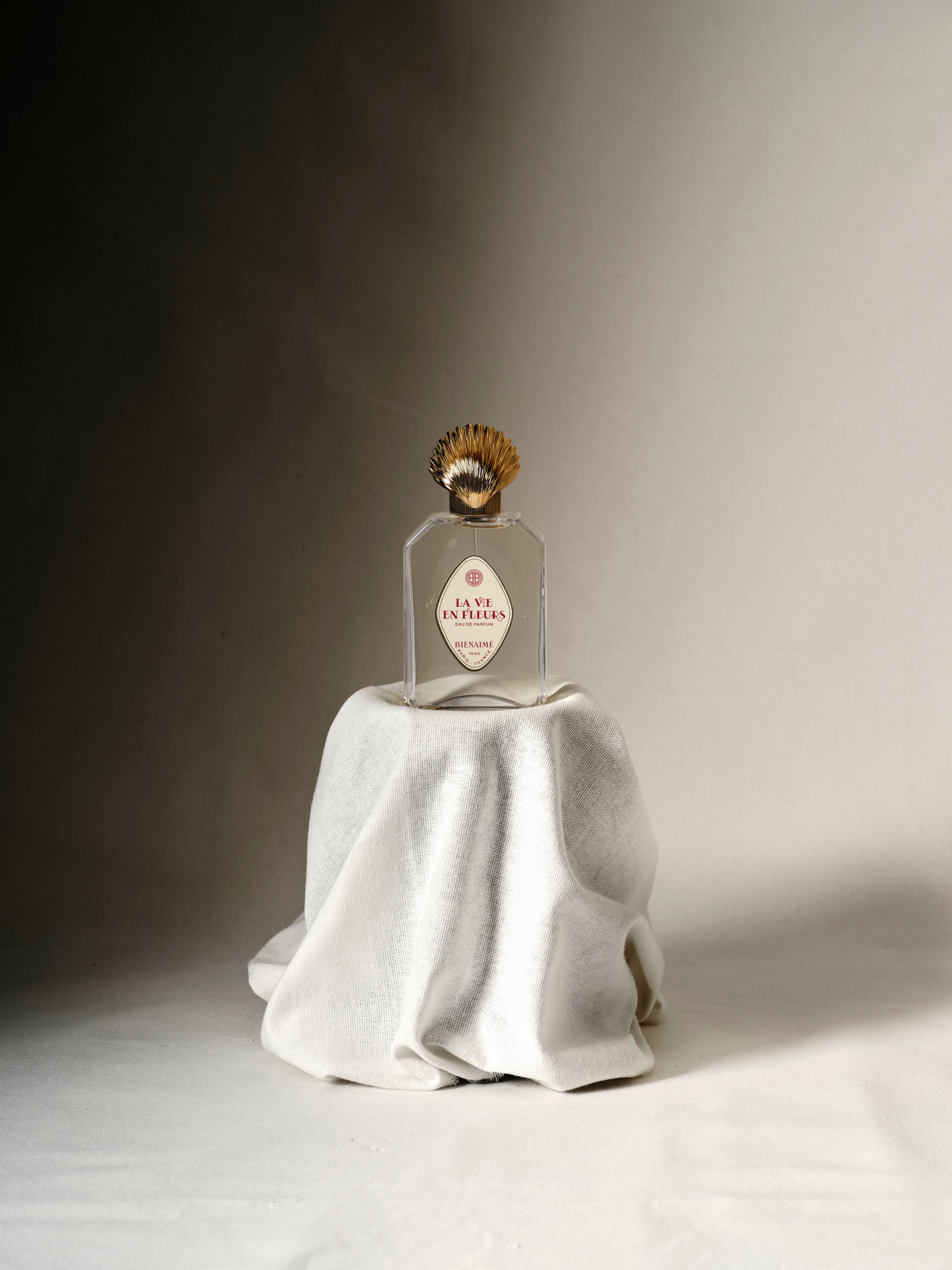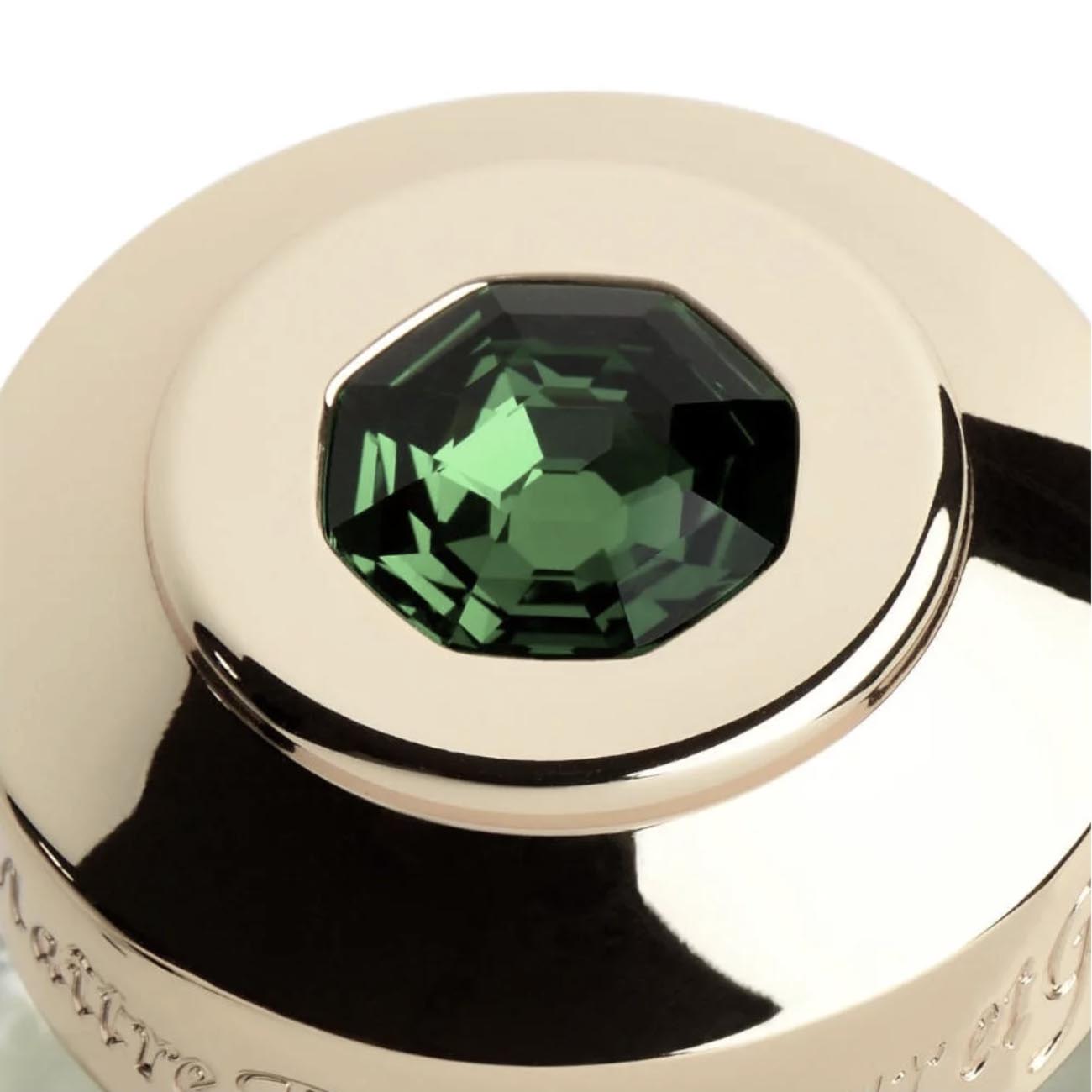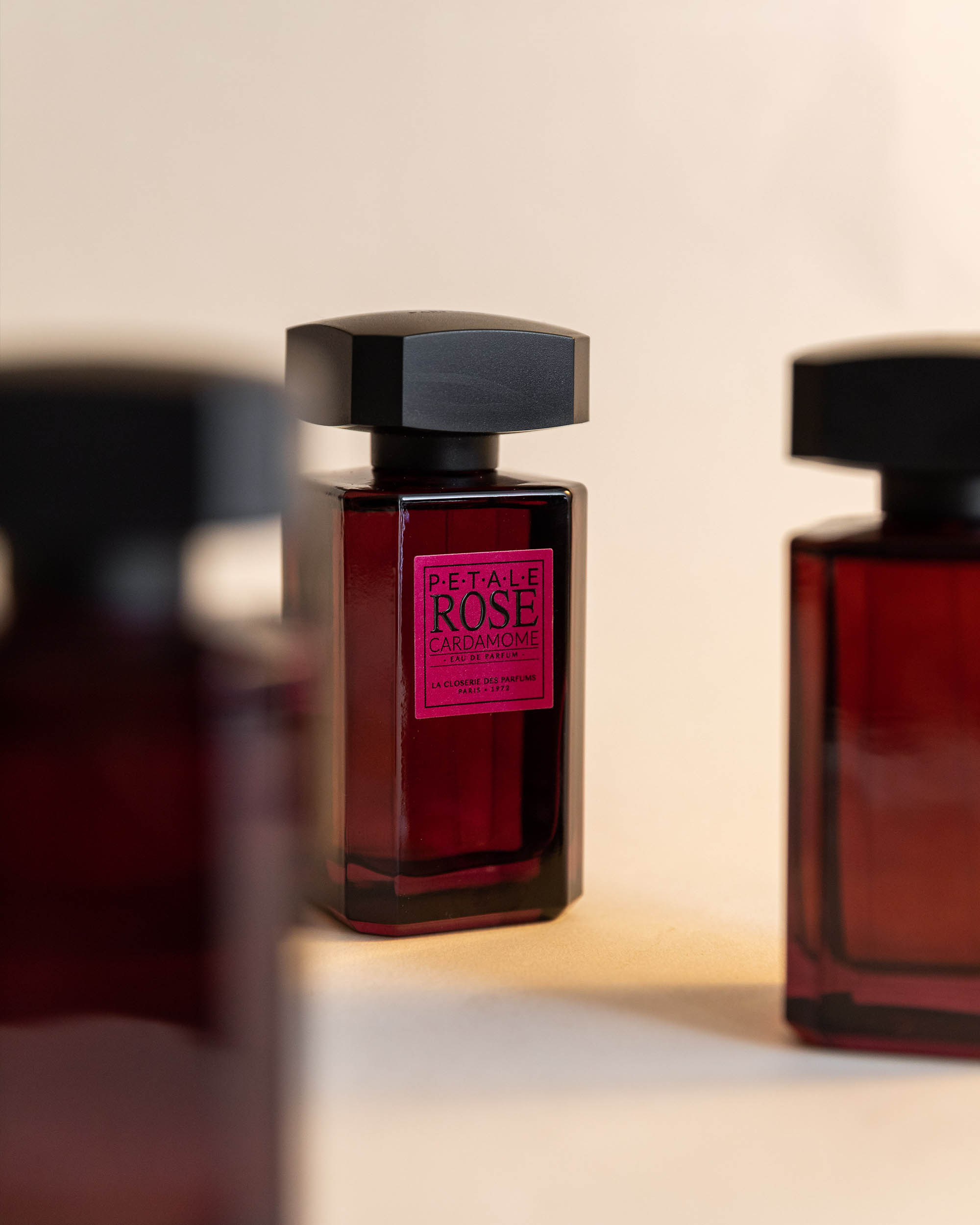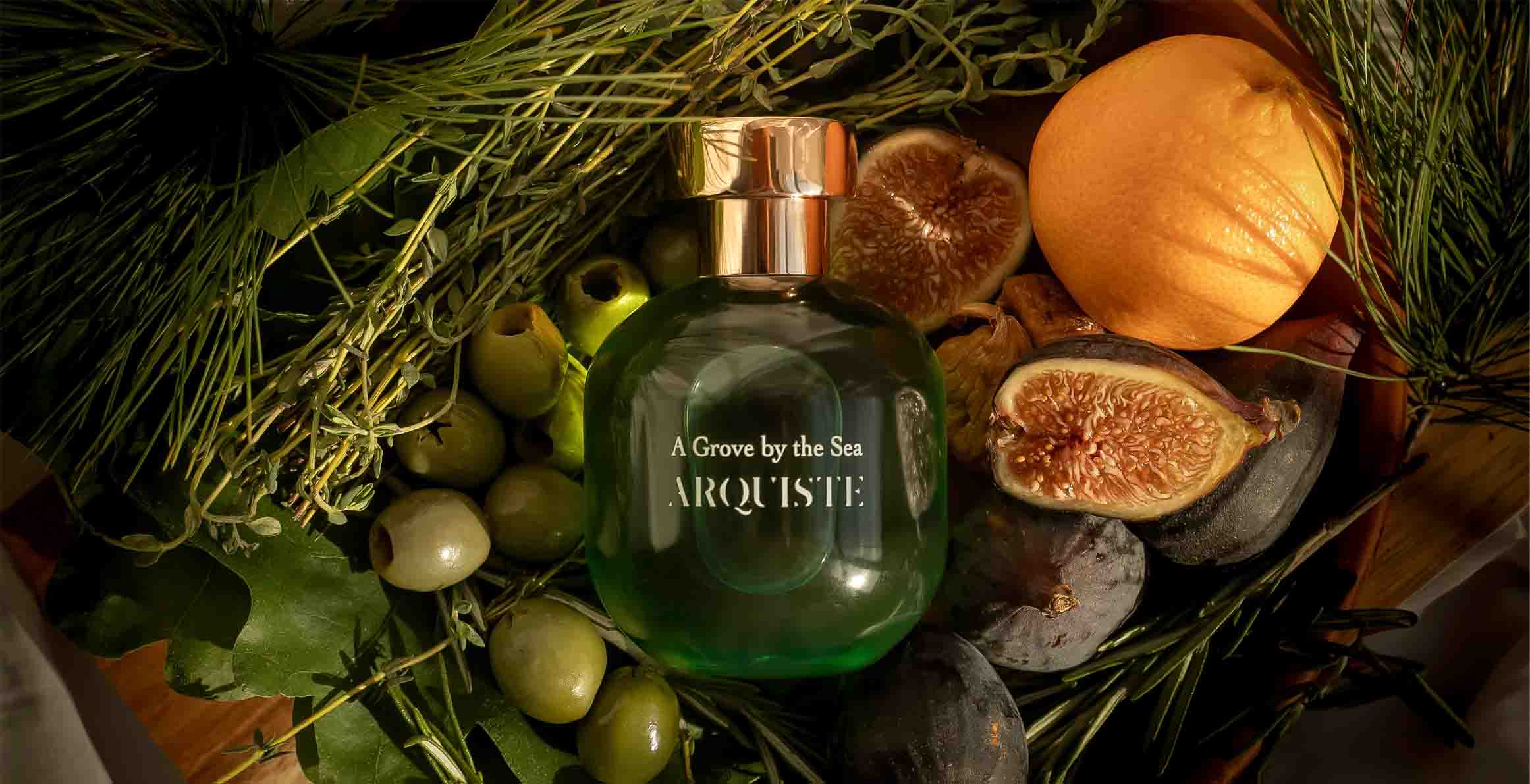PERFUME TERMS EXPLAINED, PART 1
If there's one thing we both find incredibly frustrating, it's when professionals in the fragrance industry batter consumers with jargon and expect them to keep up.
Every industry has it's own short-hand and it's a key part of being efficient in your work. In our case, being able to simply say 'Aromatic' rather than 'The fragrance materials that are particularly fresh and herbaceous' saves time and effort.
However the world of perfumery is full to the stopper with technical terms that often have artistic origins making them even more complex to decipher.
So, for those of who are confused, wanting to learn more about perfumery or perhaps just feeling a bit curious, here are a handful of perfume terms explained.

This simply refers to the citrus family or ingredients, but is also used as an adjective to describe any fragrance that has particularly citrusy qualities.
Modern perfumes contain huge amounts of different ingredients and each of these evaporate at different times. This is one of the main reasons that your perfume smells different after a few hours; because some ingredients will have evaporated, and others won't have.
'Dry-down' is slightly confusing, in that it doesn't refer to when a fragrance has literally dried, but actually refers to the change in scent after a few hours of progressive evaporation.
Every industry has it's own short-hand and it's a key part of being efficient in your work. In our case, being able to simply say 'Aromatic' rather than 'The fragrance materials that are particularly fresh and herbaceous' saves time and effort.
However the world of perfumery is full to the stopper with technical terms that often have artistic origins making them even more complex to decipher.
So, for those of who are confused, wanting to learn more about perfumery or perhaps just feeling a bit curious, here are a handful of perfume terms explained.

1. SILLAGE
If you've ever smelt someone's fragrance after they've left the room, you'll have been (hopefully) enjoying their 'Sillage'.
It literally translates to 'Wake' and the best way to think of it is to picture the trail left behind a sailing boat.
Not to be confused with projection, which refers to the distance a fragrance travels away from your body.
In short, a Chypre is a style of a perfume with a very specific structure of ingredients that was first invented in the early 1900s.
Francois Coty's Chypre de Coty (Coty's Cyprus, translated) was the first blockbuster hit in this style. It's popularity started a wave of creations based on his structure of ingredients.
It literally translates to 'Wake' and the best way to think of it is to picture the trail left behind a sailing boat.
Not to be confused with projection, which refers to the distance a fragrance travels away from your body.
2. CHYPRE
In short, a Chypre is a style of a perfume with a very specific structure of ingredients that was first invented in the early 1900s.
Francois Coty's Chypre de Coty (Coty's Cyprus, translated) was the first blockbuster hit in this style. It's popularity started a wave of creations based on his structure of ingredients.
It opened with citrusy Bergamot, blossomed in Rose and Jasmine, then settled on an earthy bed of Oakmoss, Patchouli and Labdanum.
Try 'Golden Chypre' by Grossmith
These are perfumes that smell like you could eat them. They often smell like confectionary, candy or cakes, but the term can be used to describe anything that smells particularly edible.
Generally, 'Gourmand' tends to be a subcategory of 'Opulent' or 'Ambrée' family but it's not a cardinal rule.
Try 'Bukhara' by Dalì Haute Parfumerie
Try 'Golden Chypre' by Grossmith
3. GOURMAND
These are perfumes that smell like you could eat them. They often smell like confectionary, candy or cakes, but the term can be used to describe anything that smells particularly edible.
Generally, 'Gourmand' tends to be a subcategory of 'Opulent' or 'Ambrée' family but it's not a cardinal rule.
Try 'Bukhara' by Dalì Haute Parfumerie
4. AROMATIC
We've touched on this one, but is worth revisiting as it's one of the more nonsensical technical terms, in that the dictionary definition of 'aromatic' is literally anything that has an aroma.
In the context of perfumery however, it refers to any material of composition that is characterised by particularly fresh and herbaceous notes.
Try 'Crazy Hours' by Franck Muller
Try 'Crazy Hours' by Franck Muller
5. HESPERDIC
This simply refers to the citrus family or ingredients, but is also used as an adjective to describe any fragrance that has particularly citrusy qualities.
It comes from the Hesperides, a group of Nymphs in Greek Mythology who were said to have a garden of Golden Apples.
6. DRY-DOWN
Modern perfumes contain huge amounts of different ingredients and each of these evaporate at different times. This is one of the main reasons that your perfume smells different after a few hours; because some ingredients will have evaporated, and others won't have.
'Dry-down' is slightly confusing, in that it doesn't refer to when a fragrance has literally dried, but actually refers to the change in scent after a few hours of progressive evaporation.









Leave a comment